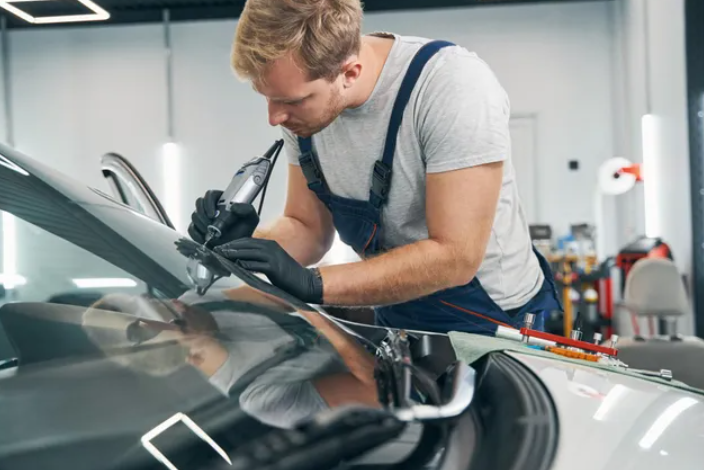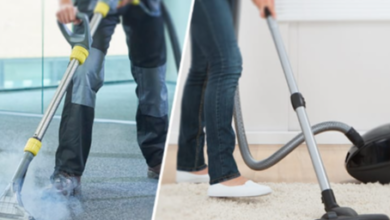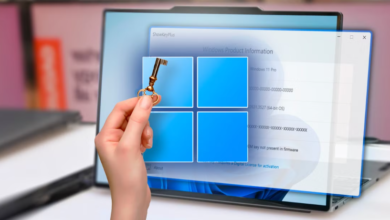Sunroof Repair vs Replacement: What’s the Right Choice?

Deciding whether to repair or replace a faulty sunroof can save you time and money. This guide explains common sunroof problems, when repairs are sufficient, when replacement is necessary, and key cost considerations to help you make the best choice for your vehicle.
Common Sunroof Problems You Should Know About
Sunroofs develop various issues over time, and identifying the specific problem is crucial for determining whether repair or replacement makes sense.
Water leaks rank as the most frequent complaint among sunroof owners. These can stem from clogged drainage tubes, worn weatherstripping, or damaged seals around the glass panel. Minor leaks often respond well to cleaning and seal replacement, while persistent leaks may indicate structural damage requiring more extensive work.
Glass damage presents another common challenge. Small chips and hairline cracks can often be repaired using specialized automotive glass techniques. However, extensive cracking, shattered glass, or damage near the edges typically necessitates complete glass replacement.
Mechanical failures affect the sunroof’s ability to open and close properly. Motor burnout, broken cables, damaged tracks, or worn gears can cause the sunroof to stick, move slowly, or stop functioning entirely. Simple electrical issues or minor mechanical adjustments may resolve these problems, but major component failures often require substantial repairs.
Wind noise and rattling usually indicate loose components, worn seals, or misalignment issues. These problems can sometimes be fixed with adjustments and new seals, though persistent noise may signal more serious structural problems.
When Repairs Make Financial Sense
Automobile sunroof repair becomes the preferred option when dealing with isolated, minor issues that don’t compromise the overall system integrity.
Seal and weatherstripping replacement offers an effective solution for minor leaks. New seals cost relatively little and can extend your sunroof’s life significantly. This repair typically takes a few hours and prevents water damage that could lead to more expensive problems later.
Drainage system cleaning resolves many leak issues at minimal cost. Sunroofs rely on small drainage tubes to channel water away from the opening. When these tubes become clogged with debris, water backs up and enters the vehicle interior. Professional cleaning usually solves this problem quickly and affordably.
Minor glass repairs work well for small chips and surface cracks. Automotive glass specialists can often repair these defects using resin injection techniques, preserving the original glass and maintaining structural integrity.
Electrical troubleshooting can resolve motor and control issues when the underlying mechanical components remain in good condition. Sometimes a simple fuse replacement or wiring repair restores full functionality.
Repairs make the most sense when the sunroof’s basic structure remains sound, the glass is in good condition, and only specific components need attention.
See also: Advantages of Optical TPU Technology for Clear Bra Owners
Signs You Need Complete Replacement
Certain conditions make replacement the only viable long-term solution, despite the higher upfront cost.
Extensive glass damage requires replacement when cracks extend across large areas, multiple impact points exist, or damage occurs near mounting points. Severely damaged glass cannot be safely repaired and poses safety risks if left unaddressed.
Frame deterioration presents a serious problem that typically demands complete replacement. Rust, corrosion, or structural damage to the sunroof frame compromises the entire system’s integrity and cannot be effectively repaired.
Repeated repair failures indicate underlying problems that won’t resolve with additional repairs. If you’ve already invested in multiple repair attempts without lasting success, replacement often proves more cost-effective in the long run.
Obsolete components may force replacement when specific parts are no longer available. Older vehicles sometimes require replacement simply because repair parts cannot be sourced.
Major mechanical system failure involving multiple components often makes replacement more practical than extensive repairs. When the motor, tracks, cables, and other mechanical elements all need attention, replacement costs may be comparable to comprehensive repairs.
Breaking Down the Costs
Understanding the financial implications helps you make an objective decision between repair and replacement options.
Repair costs typically range from $200 to $800, depending on the specific problem and parts required. Simple seal replacement might cost $200-$400, while motor replacement could reach $600-$800. Glass chip repair usually costs under $200, making it an attractive option for minor damage.
Replacement costs generally fall between $800 and $2,500, with luxury vehicles and complex systems commanding higher prices. This includes removal of the old sunroof, installation of new components, and proper sealing and adjustment.
Several factors influence the total cost regardless of which option you choose. Vehicle make and model significantly affect parts availability and labor requirements. Luxury brands typically cost more due to specialized components and installation procedures.
Labor rates vary by geographic location and shop reputation. Urban areas generally charge more than rural locations, while dealership service departments usually cost more than independent specialists.
Additional damage discovered during inspection can increase costs unexpectedly. Water damage to interior components, rust issues, or electrical problems may require attention beyond the basic sunroof work.
Selecting the Right Service Provider
Your choice of repair shop significantly impacts both the quality of work and final cost.
Specialized sunroof shops often provide the best combination of expertise and value. These businesses focus specifically on sunroof installation and repair, giving them deep knowledge of common problems and effective solutions.
Auto glass specialists excel at glass-related issues and often offer competitive pricing for glass replacement and repair services. Many also handle basic sunroof maintenance and minor repairs.
Dealership service departments provide the highest level of technical expertise for your specific vehicle but usually charge premium prices. Consider dealership service for complex problems, warranty work, or when working with newer vehicles.
When evaluating potential service providers, ask about their experience with your specific sunroof type, warranty coverage on their work, and whether they use original equipment or aftermarket parts. Request detailed estimates that break down parts and labor costs separately.
Check online reviews and ask for references from previous customers. A reputable shop should gladly provide examples of their work and stand behind their services with meaningful warranties.
Conclusion
When deciding to repair or replace a sunroof, consider your vehicle’s age, condition, and long-term plans. For older cars, expensive replacements may not be worth it, while newer vehicles often justify the cost. Prioritize safety and address issues quickly to prevent further damage.





